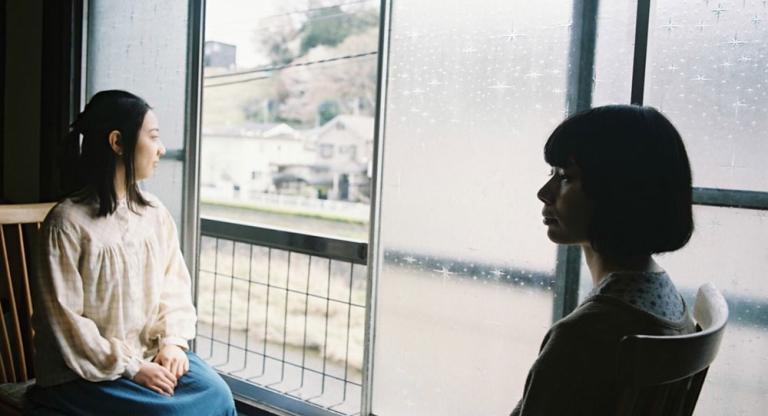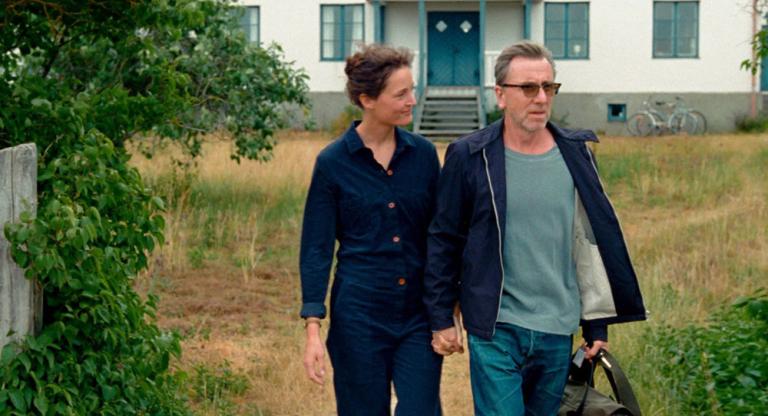Like many of the best things in life, The Tale of King Crab owes its existence to a really good story, a little exaggeration, and the enthusiastic consumption of alcohol. Directors Alessio Rigo de Righi and Matteo Zoppis begin by revisiting the subjects of their 2015 documentary Il Solengo, a group of elderly men who've gathered at a hunting lodge to drink, sing, and share half-remembered stories from their childhoods. But given only scraps of a tale to work with this time—something about a drunk named Luciano, who was exiled to Argentina at the end of the 19th century after a possible murder—Rigo de Righi and Zoppis depart from merely recording an oral history and, in fictionalizing the details, transform it into something closer to legend.
The first half of King Crab focuses on "The Saint Orsio Misdeed," one of the few certainties in the story. It is here that we meet Luciano (Gabriele Silli), who is practically the holy fool of his rural Italian village due to his incessant drinking and dreaming. Certainly he's no catch, but he's naively in love with a strong-willed shepherdess named Emma (Maria Alexandra Lungu). Naturally, Emma's father is not thrilled by the prospect of having Luciano as a son-in-law, especially when the local prince might be another suitor.
But it is in the second half of the film—after Luciano commits his grave sin and is exiled to Argentina—that Rigo de Righi and Zoppis's film shifts from rumor to myth. In the stunning, untamed landscape of Tierra del Fuego, Luciano seeks a rumored treasure, guided in his quest by a massive king crab. The tale brings to mind the similar ill-fated journeys in Lucretia Martel’s Zama (2017) and Lisandro Alonso’s Jauja (2014). It would be enough to simply soak up the incredible landscape photography and Silli's internal performance. Indeed, with his massive beard and intense eyes, he strikes one as something of an Italian Ethan Hawke.
Finally, though, Rigo de Righi and Zoppis bring the story neatly back to where it began with a profound turn of narrative. Due to the directors' backgrounds in documentary storytelling, there might be those in the audience who feel that the whole project of King Crab is dishonest. On the contrary, it's at least as true as any story shared over drinks between old friends.






